On Wednesday, temperatures in Las Vegas exceeded 115 degrees Fahrenheit for the fifth straight day which broke a previous four-day record for hot days set in 2005.
Forecasters are predicting this record could grow or even be doubled by this weekend in a heat event that is being labeled as “the most extreme heat wave” since records by the National Weather Service started in 1937.
US Heat Wave

Las Vegas, Nevada’s largest city, is experiencing the consequences of an unprecedented heatwave that is gripping multiple parts of the United States.
California has seen at least a dozen cities break high-temperature records and 70 million Americans in the Western US are under heat advisories or alerts.
Breaking Records
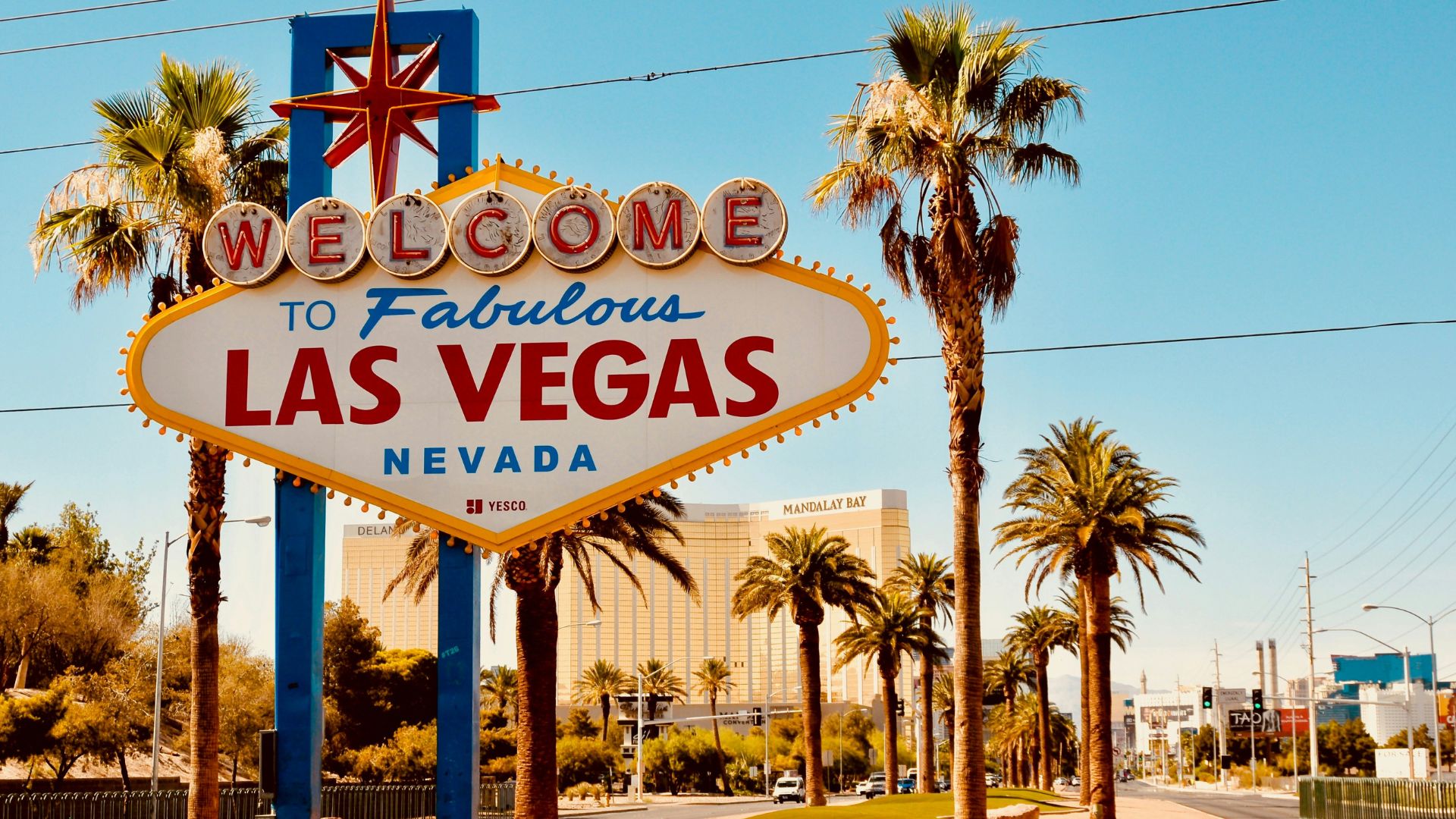
Since June 1, Las Vegas has already broken 16 different heat records, several of them even before the official start of summer. One of these records includes the all-time highest temperature recorded at 120 degrees Fahrenheit, beating the previous record by a whole 3 degrees.
“And we’re not even halfway through July yet,” said meteorologist Morgan Stessman.
Too Hot
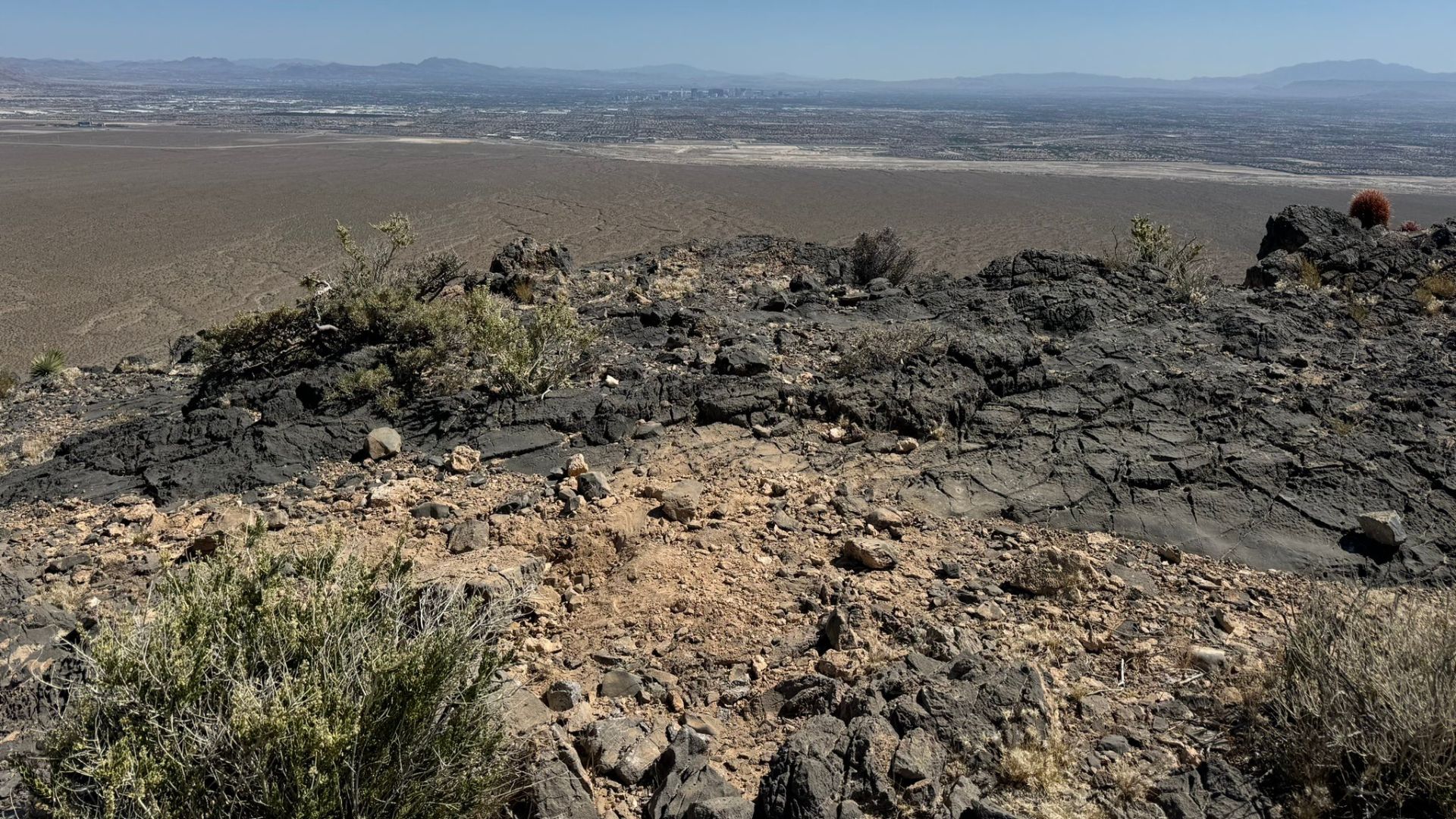
Las Vegas resident Alyse Sobosan told the Associated Press that this month has felt like the hottest in 15 years and she tries to avoid being outside during the day.
“It’s oppressively hot,” said Sobosan. “It’s like you can’t really live your life.”
Threatening Everyone

While often people think of heat deaths as primarily affecting the weak and those with low constitutions, health officials are warning that this heat is so extreme that it threatens even the healthy.
“Even people of average age who are seemingly healthy can suffer heat illness when it’s so hot it’s hard for your body to cool down,” said Alexis Brignola, an epidemiologist at the Southern Nevada Health District.
Death Tolls

So far this year, health officials for Clark County, which Las Vegas is a part of, have attributed the heat to nine deaths.
Officials think it’s probable that the real number is higher, and the death toll will likely increase as more deaths are found and classified.
Providing Shelter
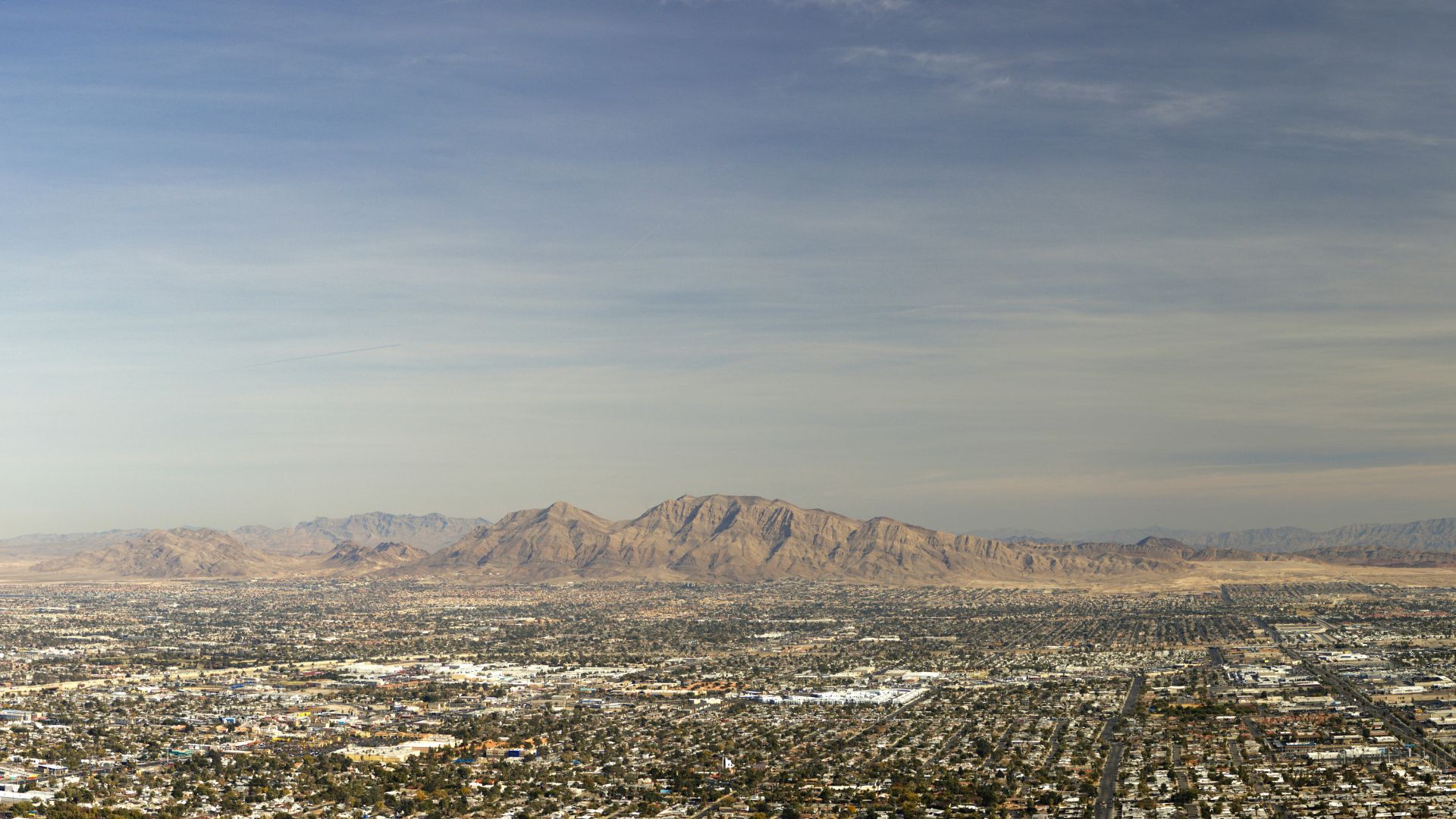
In the southern part of Nevada, local officials have been setting up emergency cooling shelters for those who are homeless or don’t have access to relief from the heat.
Estimates put the homeless population last summer in Clark County at just over 5,000 people, though there are tens of thousands of people living in unstable and unsafe conditions.
Heat Wave Frequency
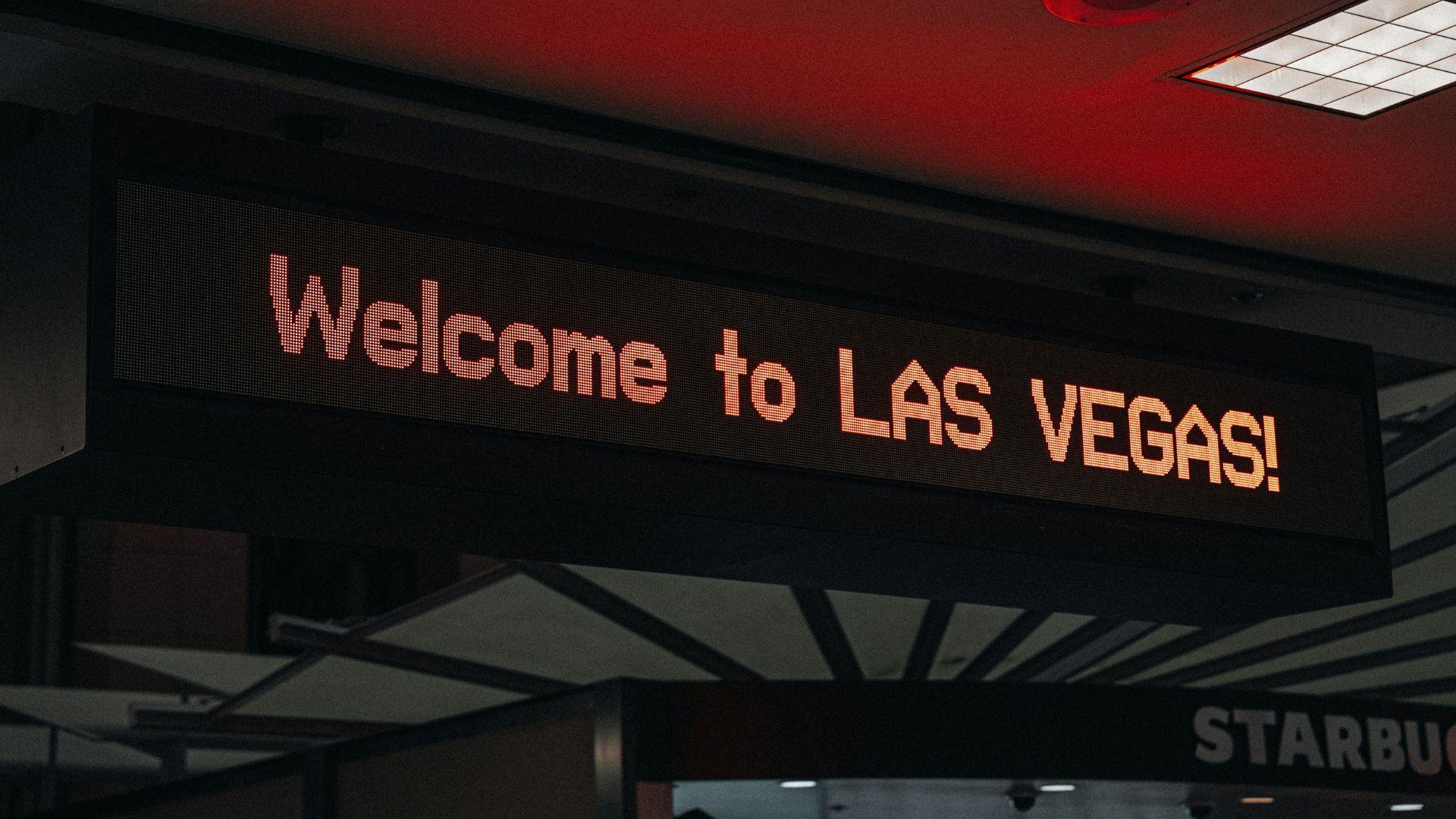
The city of Las Vegas has persisted under three separate excessive heat waves since the summer began.
These heat waves have resulted in a total of 12 days of threatening heat in the city with the nickname “Gateway to Death Valley.”
Tourist Fervor
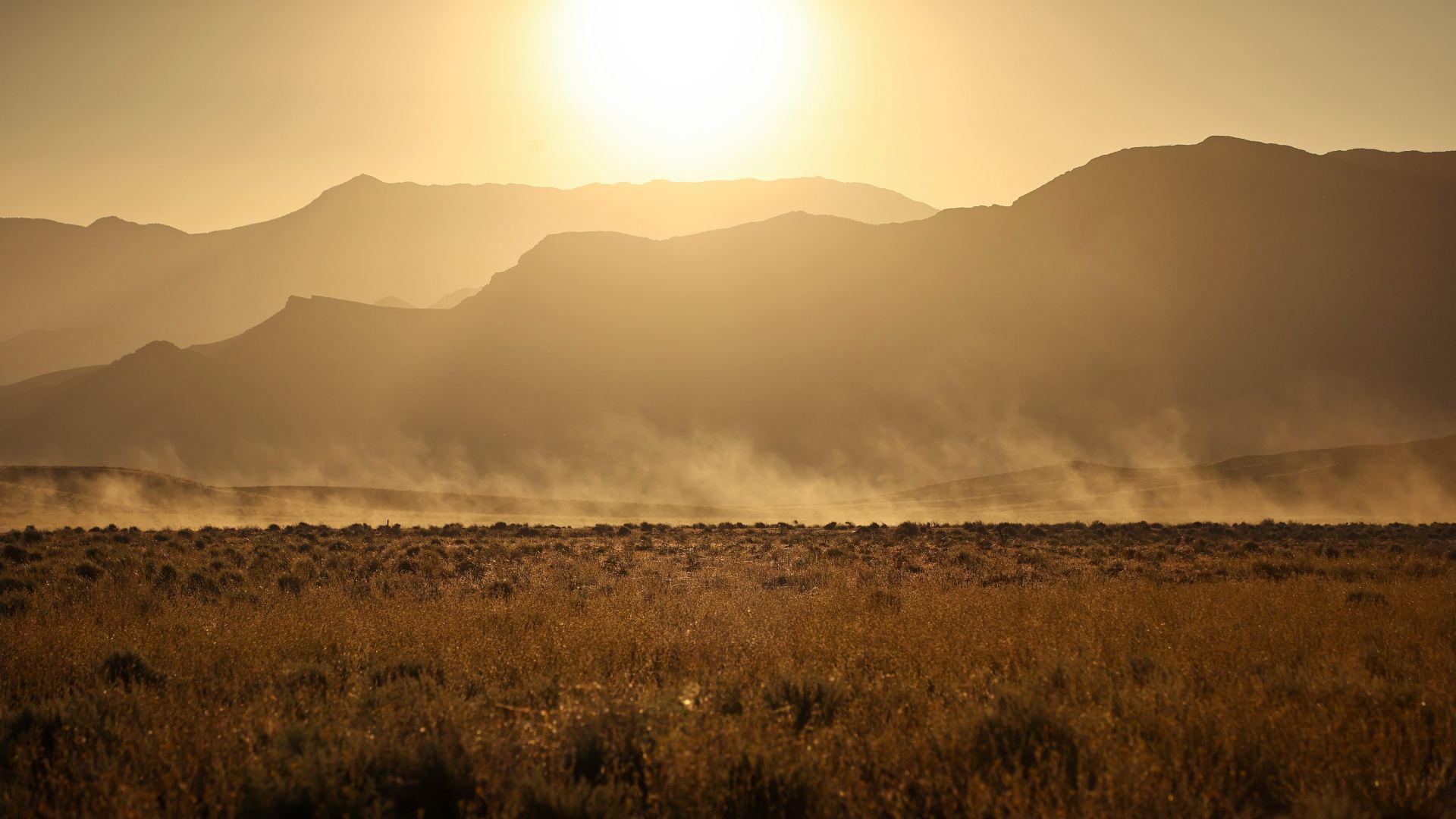
While some people are struggling to even stay outdoors for extended periods, others are thrilled by the idea of experiencing the record-breaking heat.
European tourists are descending on Death Valley in California as the heatwave has been blamed for several recent deaths.
Rising Early
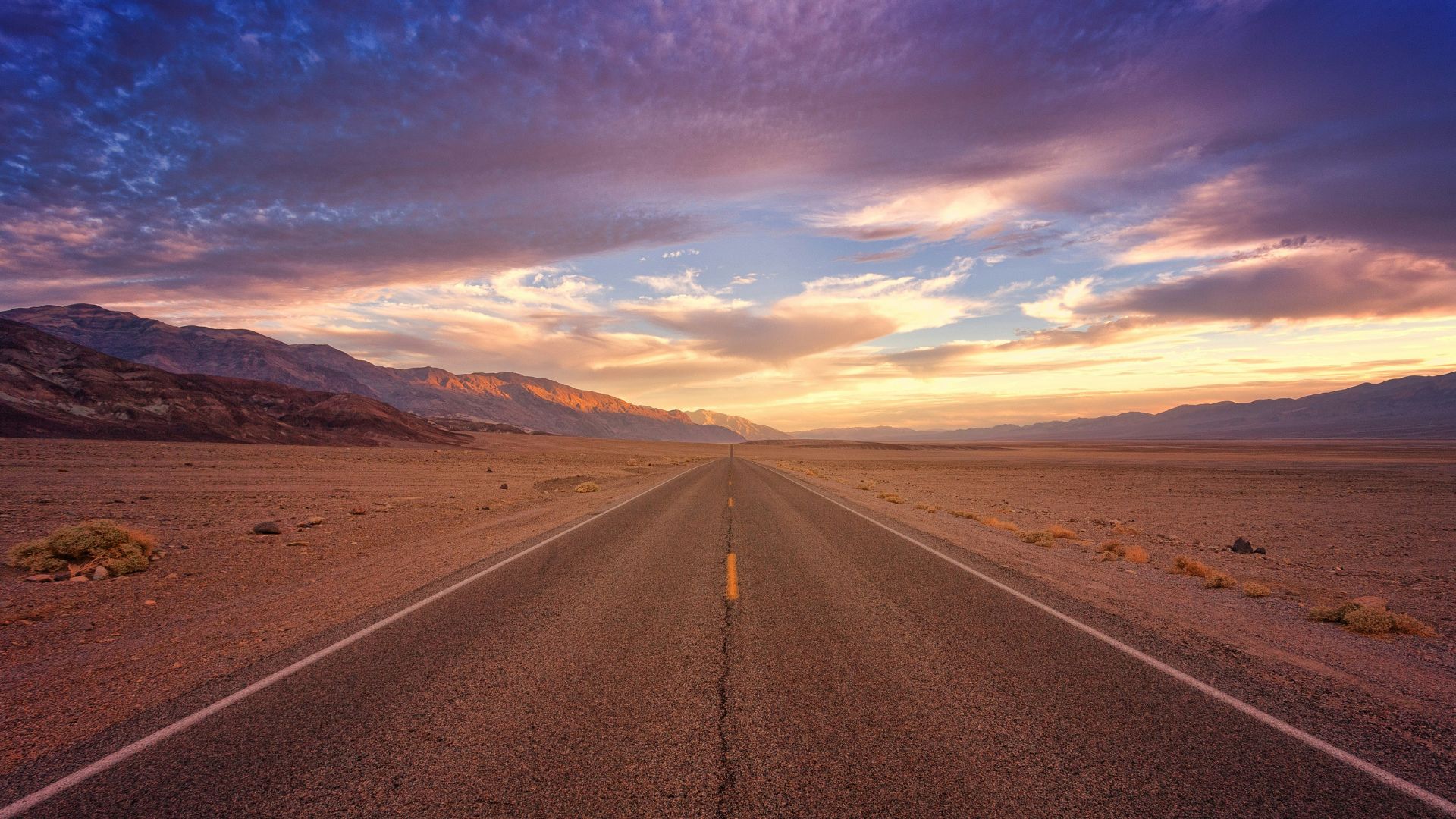
Even when the sun goes down, residents during the extreme heat wave are not granted much respite. Some are planning their days to try to take advantage of the coolest times.
“If I don’t get out by 8:30 in the morning, then it’s not going to happen that day,” said Las Vegas resident Keith Bailey on the subject of exercising their dogs.
Nationwide Heatwave
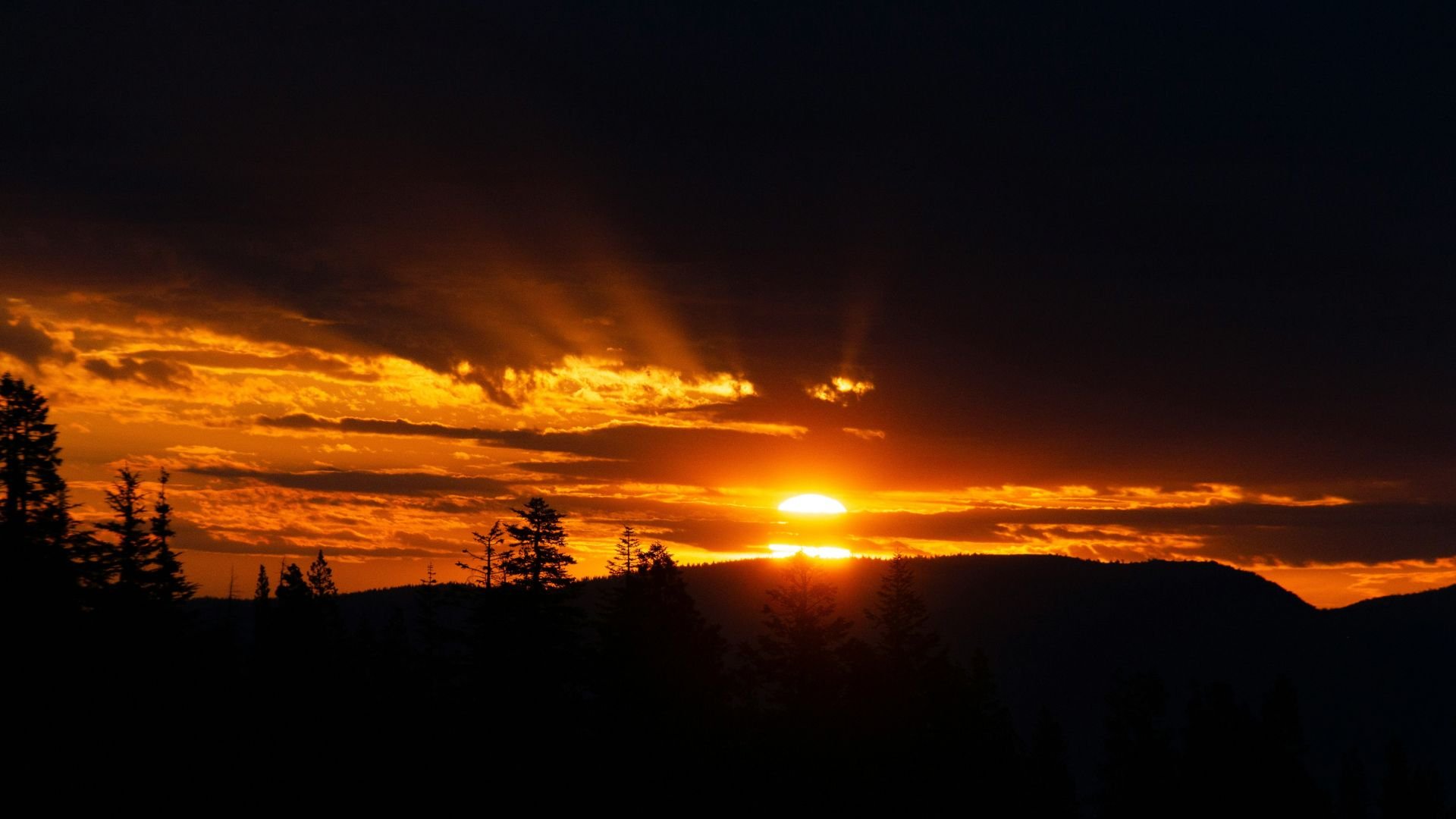
This heat wave is not just affecting the Western United States. According to the NOAA National Weather Service, over 140 million people in the country have been under heat alerts this week.
While the Western US is experiencing the highest concentrations of temperature, the eastern coast of the US has also been battered by high heat.
Threat to Workers
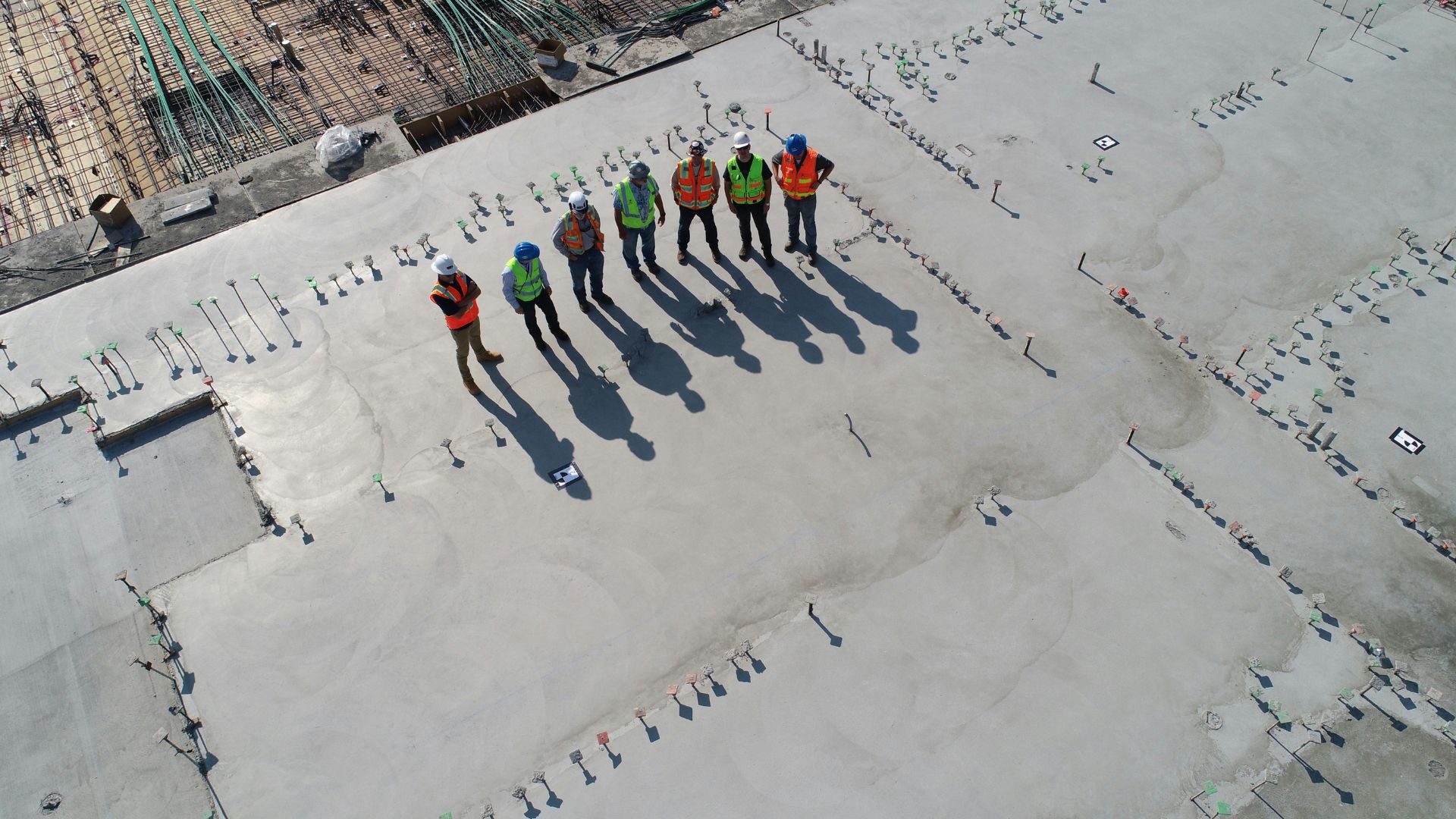
Nevada is a state that has no enforceable heat regulations, and some are worried that heat-related injuries will skyrocket this year.
“In the construction industry, there’s been an increase every summer in the number of heat-illness related injuries,” said Vince Saavedra, executive secretary-treasurer of the Southern Nevada Building Trades Unions. “I know a lot of non-union workers who are afraid and work until they pass out, because they don’t want to stop working in fear of losing their job. They have no union representation, they have no worker representation. It’s really sad and unfortunate.”
